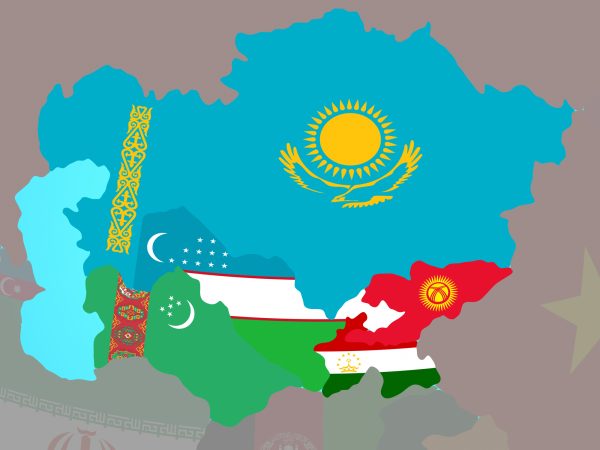Struggling with “dysfunctional rule of law, rising authoritarianism and systemic corruption” the annual Corruption Perceptions Index, released on January 30 by Transparency International, presents a “troubling picture” for Eastern Europe and Central Asia. Meanwhile, countries that score highly in the index “have long fuelled transnational corruption,” a mantra familiar in the region we cover here at Crossroads.
Importantly, the Corruption Perceptions Index (CPI) “measures how corrupt each country’s public sector is perceived to be, according to experts and businesspeople.” So while a country like Switzerland may, itself, score highly it’s precisely its reputation as a “clean” country that makes it attractive for corrupt officials “when choosing where to launder and invest their ill-gotten gains for safekeeping.”
Just a few examples: In 2020, an RFE/RL investigation found that relatives of former Kazakh President Nursultan Nazarbayev had invested nearly $785 million in luxury property in six countries over a 20-year time span, including chateau-style mansions on the shores of Lake Geneva. In 2022, an joint investigation by the Organized Crime and Corruption Report Project (OCRP) and Kazakh media outlet Vlast found that Kazakh President Kassym-Jomart Tokayev’s wife and son had a Swiss bank account, as well as several properties near Lake Geneva, too. It’s not just the Kazakhs; Gulnara Karimova, daughter of the late Uzbek President Islam Karimov, infamously stashed much of her wealth in Switzerland.
This transnational element has gained greater attention over the last decade or so, as it has become more and more clear – with repeated leaks of files such as the Panama Papers, the Suisse Secrets leak, and others – that corruption in “corrupt states” is fundamentally entangled with financial systems controlled by and in “clean” states.
So how is corruption perceived, as of 2023, in Central Asia at present? In the just-released 2023 CPI, Kazakhstan and Uzbekistan are up and Kyrgyzstan, Tajikistan, and Turkmenistan are down. To be clear, on a scale of 0 to 100, with 100 being “very clean,” no Central Asian country has a score higher than the global average of 43.
Kazakhstan ranks highest, at 93rd out of the 180 countries considered in the index, with a score of 39. Kazakhstan’s score improved over 2022, with Altynai Myrzabekova and Lidija Prokic, Transparency International’s regional advisErs for Europe and Central Asia, writing that Astana has made “some progress in addressing corruption issues, including through legal reforms and recovering stolen assets.” But “these efforts are overshadowed by its autocratic governance alongside lack of transparency and judicial independence.” Furthermore, “the enduring influence of powerful political elites, allows corruption to thrive.”
Uzbekistan’s score has improved steadily over the past decade, rising from a dismal 13 points in 2013 to 33 in 2023. Tashkent’s key efforts have included “creating an anti-corruption agency, strengthening legislation and liberalizing the economy” as well as enforcing existing laws by filing charges against corrupt officials. Like Kazakhstan, however, “its authoritarian governance resists moves towards transparency and democracy, exerting control over legislative and public institutions, and using the justice system against critics.”
Kyrgyzstan is highlighted specifically in the regional report for its sudden backslide since 2020, falling from a score of 31 that year down to 26 as of 2023. “In just four years, Kyrgyzstan… has turned from a bastion of democracy with a vibrant civil society to a consolidated authoritarian regime that uses its justice system to target critics.”
Tajikistan and Turkmenistan are highlighted in the report too, as having among the region’s – and the world’s – worst CPI scores. Tajikistan’s score of 20 is its lowest in the last decade, and marks a decline from last year. Turkmenistan, with a 2023 score of 18, sits in the bottom 10 countries in the world in terms of corruption perception, just one point above North Korea.
Central Asia is, by and large, not anywhere close to shaking persistent perceptions about corruption in the region. Even in cases of improvement, such as Kazakhstan and Uzbekistan, there is a limit to how much low-hanging fruit can be picked. To seriously tackle corruption – which is a necessary prerequisite to changing perceptions about corruption – the countries of Central Asia will have to face the bright lights of transparency, and regional elites may not like the glare.


